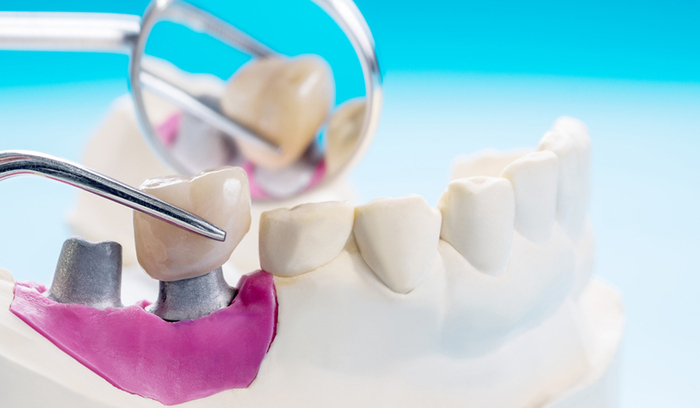Sleep apnea isn’t just about snoring; it’s a serious health condition that can disrupt your life and impact your overall well-being. Imagine waking up feeling exhausted, even after a full night’s sleep. This isn’t just a minor inconvenience; it’s a red flag. Dental professionals are increasingly recognizing the vital role they play in identifying and managing this condition. Let’s explore the crucial connection between sleep apnea and your health, and why understanding it is paramount. If you suspect you might be suffering from sleep apnea in Houston, it’s critical to seek professional advice.
Understanding the Silent Disruptor: Sleep Apnea
Sleep apnea is a sleep disorder characterized by repeated interruptions in breathing during sleep. These interruptions, 1 often caused by the relaxation of throat muscles, 2 can lead to oxygen deprivation and fragmented sleep.
- Obstructive Sleep Apnea (OSA): The most common form, caused by the relaxation of throat muscles.
- Central Sleep Apnea (CSA): Less common, caused by the brain failing to signal the muscles that control breathing.
- Complex Sleep Apnea Syndrome: A combination of OSA and CSA.
The Alarming Health Risks Associated with Sleep Apnea
Sleep apnea isn’t just a nighttime annoyance; it carries significant health risks that can affect your entire body.
- Cardiovascular Problems: Increased risk of heart disease, high blood pressure, and stroke.
- Type 2 Diabetes: Sleep apnea can worsen insulin resistance.
- Daytime Fatigue: Leading to impaired concentration and increased risk of accidents.
- Liver Problems: Sleep apnea can contribute to nonalcoholic fatty liver disease.
- Mental Health Issues: Increased risk of depression and anxiety.
Recognizing the Warning Signs of Sleep Apnea
Early detection is crucial for preventing long-term health complications. Don’t dismiss these warning signs; they’re your body’s way of telling you something’s wrong.
- Loud Snoring: A common, but not always present, symptom.
- Daytime Sleepiness: Feeling constantly tired, even after a full night’s sleep.
- Morning Headaches: Often caused by oxygen deprivation during sleep.
- Difficulty Concentrating: Impaired cognitive function due to sleep fragmentation.
- Irritability and Mood Swings: Sleep deprivation can affect your emotional well-being.
- Waking Up Gasping or Choking: A clear sign of interrupted breathing.
The Dental Connection: How Dentists Can Help
Dentists are often the first line of defense in identifying sleep apnea, as they examine the oral cavity and airway.
- Airway Assessment: Dentists can assess your airway for obstructions.
- Oral Appliances: Custom-made oral appliances can reposition the jaw and tongue, keeping the airway open.
- Collaboration with Sleep Specialists: Dentists work with sleep specialists to provide comprehensive care.
- Identifying Risk Factors: Dentists can recognize oral signs that indicate risk, such as a large tongue or narrow airway.
The Importance of Early Intervention and Treatment
Treating sleep apnea early can prevent serious health complications and improve your quality of life.
- Continuous Positive Airway Pressure (CPAP): The gold standard treatment for OSA.
- Lifestyle Changes: Weight loss, exercise, and avoiding alcohol and tobacco can help.
- Surgery: In severe cases, surgery may be necessary to correct anatomical issues.
Addressing the Myths and Misconceptions
Many myths surround sleep apnea, leading to delayed diagnosis and treatment. Let’s set the record straight.
- Myth: Sleep apnea only affects overweight people.
- Reality: While obesity is a risk factor, anyone can develop sleep apnea.
- Myth: Snoring is always a sign of sleep apnea.
- Reality: Snoring can be a symptom, but not everyone who snores has sleep apnea.
- Myth: Sleep apnea is just a minor inconvenience.
- Reality: It’s a serious health condition with significant long-term risks.
Conclusion
Don’t let sleep apnea disrupt your life and compromise your health. Take control by understanding the risks and seeking professional help. At Unident Family Dentistry in Houston, we are committed to providing comprehensive care and helping you achieve optimal health. Let us be your partner in your journey to a better, more restful sleep.







